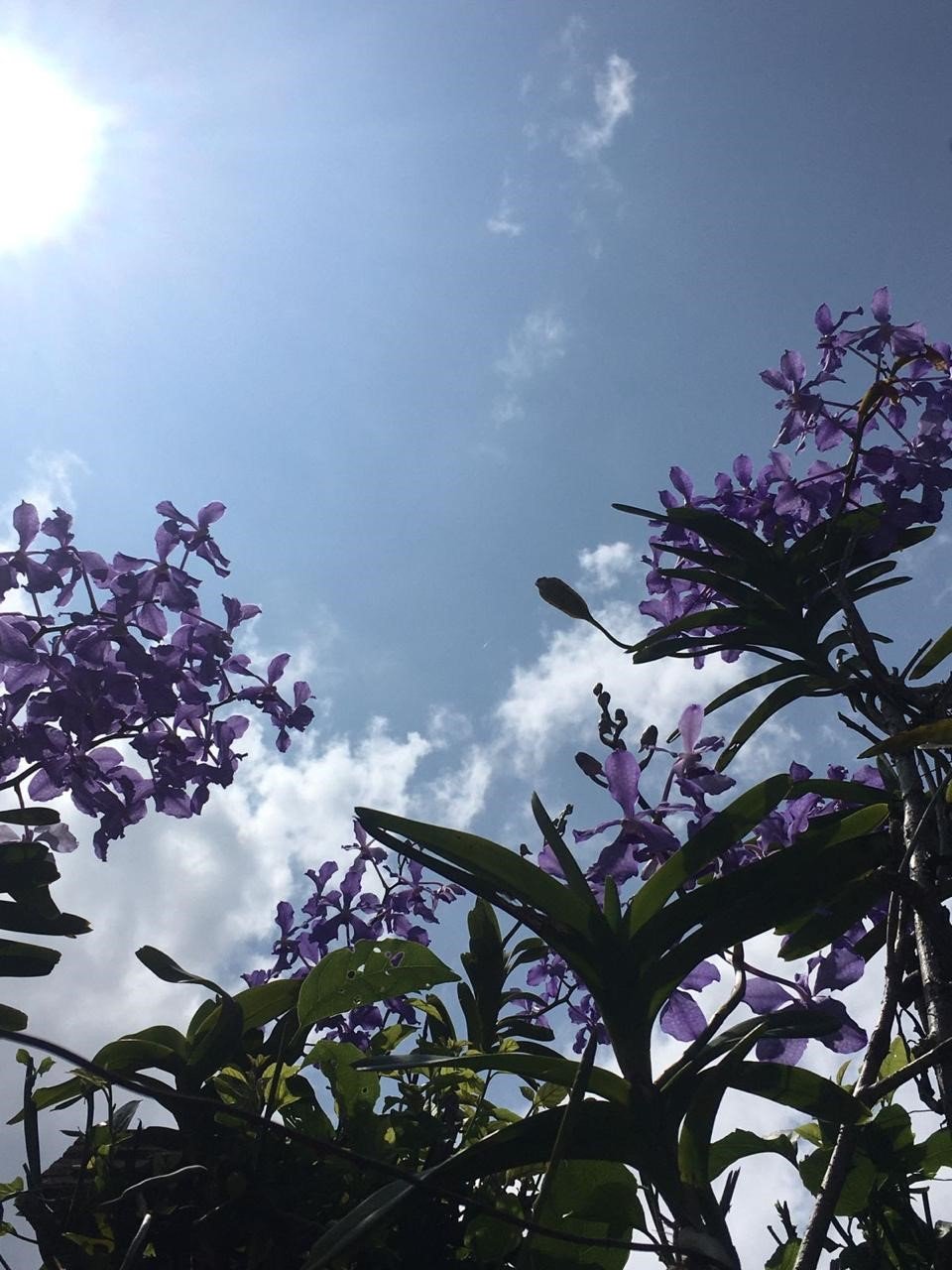Tokhü Emong, one of the most significant festivals of the Lotha Nagas is officially observed every year on November 7. However this festival associated with the post harvest is celebrated throughout the first week of November to mark the end of the harvest season for the people of Lotha tribe in Nagaland.
Tokhu Emong is celebrated after the harvesting season is over and the foodgrains are already stored in the granaries. With all the hardwork throughout the year, the people take a respite from the toils and sweat, and settle down to enjoy the fruits of their labour.
The festival is marked by preparation and sharing of food among friends, families and neighbours. A major attraction of the festival is the gathering of the Lotha communities where they celebrate the festival through folksongs, performing folkdances, having delicious feast and drinks, playing indigenous games and people reliving the stories of their ancestors on the days of yore.
In the past, this festival is celebrated by the whole village on the tenth day after the declaration of Tokhü Emong by the priest. The villagers prepare a hearty feast which is shared amongst the community. During this time, no visitors are allowed to enter the village neither is anyone allowed to go out of the village.
Download Nagaland Tribune app on Google Play


Image: Tokhu Emong flower
Significance of Tokhu Emong
In the Lotha dialect, Tokhü means ‘ Feast’ and Emong means ‘Rest’. This post harvest festival is one of the biggest and the most important festival amongst all the festivals of the Lotha Nagas. It holds deep significance to the community as it is also a celebration of brotherhood, oneness and forgiveness. Tokhu Emong marks the renewal of relationships between close friends and families. It is a festival of thanksgiving to God for the abundance of harvest and manifolds blessings. Another important aspect of this festival is the release of souls of death peole by the families that marked separation between the living and the death.
Tokhu Emong also have other names like Vami Tokhü ( Rest Season) which marks the end year of Agriculture and Yankhyingroe Tokhü ( Youth Festival) which marks the opening of the marriage season of the young people. After the festival gets over, the feast of merit, marriages and all customs related with the Lotha culture are performed.
One of the major markers of this festival, in the past, was the Rümphi (loosely translated as caroling), where the youngsters would go house to house chanting and singing the Tokhü Songs and the households would welcome them with local brewed rice beer and meat.
Celebrated with pomp and gaiety through feasts, singing and dancing, this Fall Festival is often an expression of the community’s gratitude to their Creator.

